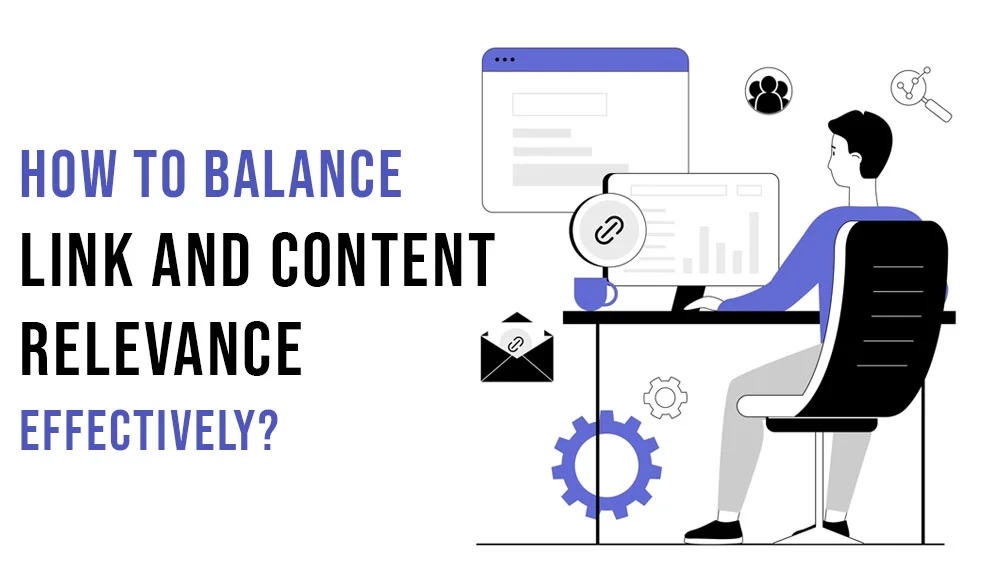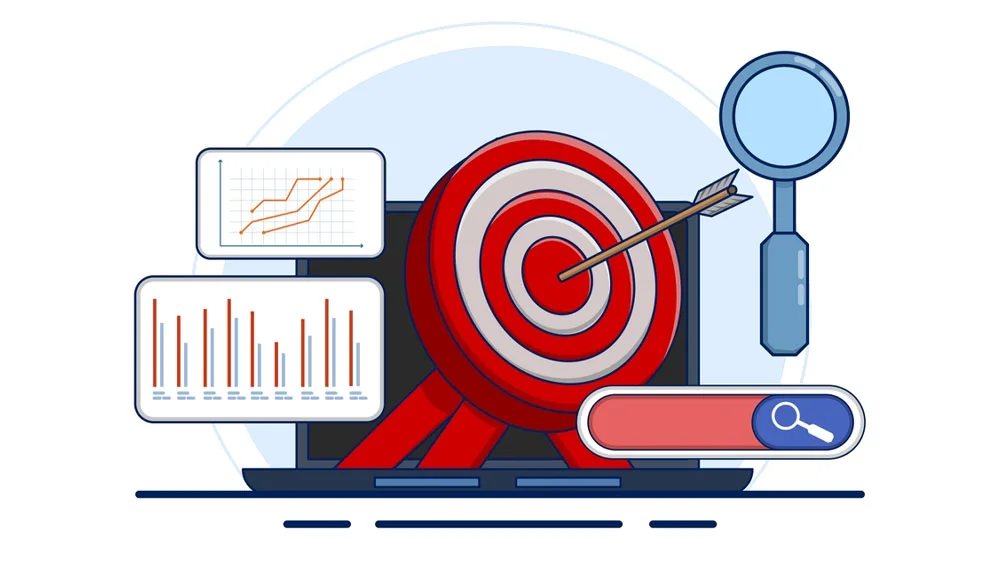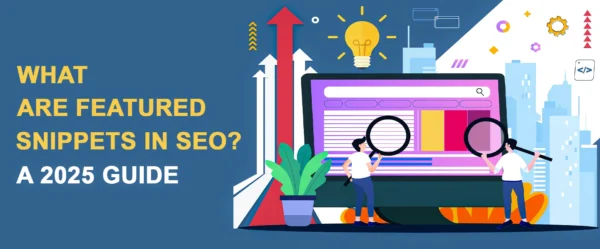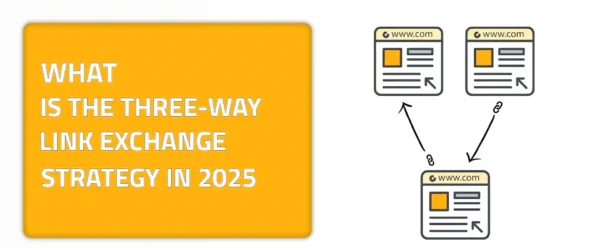Balance. A word that reminds me of the libra sign or the lady justice figure. Balance is needed in everything. That is why, in this guide, we will learn how balancing link and content relevance can help you achieve sustainable success. Link relevance means that the links that you’re inserting on your website point to another site that is relevant to your niche.
One that is in the same industry as you are. Content relevance, on the other hand, is all about focusing on the quality of the information you provide for your readers. When you balance both elements efficiently, you will achieve a high-quality backlink profile.
Links from authoritative, contextually relevant sources can help enhance your site’s credibility, while well-crafted, relevant content can engage and retain visitors. However, focusing too heavily on one aspect at the expense of the other can lead to negative results. That is why my guide delves into the details of link and content relevance. We will discuss practical strategies to implement, common challenges, and real-world examples to help you strike an effective balance.
The Role of Link Relevance in SEO
There is a huge role that link relevance plays in the success and impact of SEO. That is because it impacts search engines. When Google, for example, starts evaluating the quality of a website’s backlinks, it considers the relevance of the links that it is evaluating to the content that the website has. That is why I am saying that there is a mutual relationship between links and content relevance.
To me, they are like two sides of the same coin. Contributing to the same construction of a certain thing, which is your SEO. Links from authoritative, contextually related websites signal to search engines that your content is credible and valuable enough for them to consider. For instance, a tech blog linking to your article about the latest software trends is considered a relevant link, enhancing your site’s authority. The same goes for a food blog that has a backlink from the Food Network for example. One that links the blog with the recipe it has to a certain chef and a certain food program. What would be weird is having a tech blog link to a food-related website.
Unless you’re discussing how to make an app that has home recipes, for example, you will find it as weird as I do. If your content or links are irrelevant, you will see a decrease in your audience engagement rates. Something that will negatively influence your rankings and cause them to drop.
The Role of Content Relevance in SEO
The role of content when it comes to SEO is pivotal. Relevance is simply the key to success. You should always focus on the fact that when your content aligns with the needs and preferences of your audience, it attracts visitors to your site and keeps them engaged. This leads to longer session durations and lower bounce rates for your website. In order to create content that is relevant to your audience, you have to accept thorough research as your new best friend.
All you need to do is research their pain points, what interests them, and all that’s in between. Why? In order to be able to construct an article for example, that shows them that what they thought would be the end of the world is actually a problem that is completely and utterly solvable.
Furthermore, you can achieve content relevance through the strategic use of keywords and context. Context is equally crucial; it ensures that your content fits the broader narrative of your website, providing value and coherence. How will you be able to determine whether or not your content is actually relevant? The process of evaluating your own content can be done through content and SEO optimization tools. Take Google Analytics, for example. This is a tool that helps you track user behavior and identify which content pieces perform best on your site.
Moreover, tools like SEMrush and Ahrefs offer insights into keyword performance and competitive analysis, showing how well your content matches user queries. Additionally, content optimization tools like Yoast SEO guide you in refining your content for better relevance and readability.
Strategies for Balancing Link and Content Relevance
In order to be able to balance your content and your backlinking process, you have to have a strategy. That is why, from now on, your brain’s middle name will be strategic planning. Thoughtful execution starts by aligning your link-building efforts with what you aim to reach with your content.
Can you sense my gibberish or not yet? I know that the process can be confusing. Let me rephrase what I just said. This whole process means that the links you acquire support and enhance the topics and themes of your content. Allow me to walk you through a hypothetical situation. If your blog is one that spreads awareness about natural life, make sure that your backlinks are sought from authoritative sites within the environmental niche.
It’s not only the backlinking we’re talking about. Content is of the essence as well. You have to create high-quality content that supports what your website is about. This involves thorough research, understanding your audience’s needs, and consistently producing valuable, engaging material. High-quality content naturally attracts links and boosts your site’s credibility.
Build Relations and Grow Your Website
Building relationships with relevant websites is another essential strategy that you should use. Network with influencers and authorities in your industry to earn valuable backlinks. Engage with these sites by offering guest posts, participating in industry forums, and sharing their content.
This not only helps you acquire relevant links but also positions you as a trusted member of the community. By synchronizing your link-building and content creation efforts and fostering meaningful relationships, you can effectively balance link and content relevance, ultimately enhancing your SEO performance and driving long-term success.
Common Challenges That You May Encounter
When balancing things in life, we are often faced with many challenges. Seriously, I know how hard it is to balance yourself while wearing roller skates. However, the good news here is that no roller skates or any hazardous activity included.
It all depends on that big brain of yours and how it will deal with the challenges that may try to derail your efforts and throw them over the Brooklyn bridge. Let me tell you about a common mistake that may seem like a challenge. Don’t say I didn’t warn you now.
That little challenge or rather, a “mistake,” is called the process of overemphasizing quantity over quality. I know that I always say that quality is of the essence, but now let me scream it, not say it. I also know that having numerous links may seem like shortcut to reach a higher ranking. However, that is not the case here. You see, dear reader, search engines are raising their standards. They are now prioritizing the relevance of content and authority of links.
Keep in mind that low-quality links cause more harm than good. Moreover, irrelevant links can actually harm your site’s credibility. Another issue is neglecting user intent and experience. How often do we focus solely on keywords and forget to address what users are truly seeking? High-quality content that aligns with user intent is so important for engagement and retention.
Lastly, failing to maintain a natural link profile can also lead to penalties. Are you aware of how your link-building tactics might appear manipulative to search engines? It’s important to build links organically and naturally, avoiding practices like excessive link exchanges or paid links that can appear suspicious.
Successful Examples of Balanced Link and Content Relevance
When it comes to balancing link and content relevance, case studies offer invaluable insights. Consider a well-known example: HubSpot, which excels at harmonizing these elements. Their content is meticulously crafted to address their audience’s needs, and they build links from reputable sources within their industry. This approach not only enhances their credibility but also boosts their search engine rankings. Why does this work so well? It’s because HubSpot aligns their link-building efforts with their content strategy, ensuring both are relevant to their target audience.
On the flip side, let’s examine a less successful case: a tech startup that focused heavily on acquiring numerous links without prioritizing content quality. While their link count soared, their content didn’t engage visitors or meet their expectations. The result? High bounce rates and minimal SEO benefits. What can we learn from this? Balancing is key—link quantity alone won’t drive success if the content doesn’t resonate with users. Successful SEO strategies blend both elements seamlessly, creating a compelling user experience and building authority in a meaningful way.
Measuring The Success of Link and Content Balance
Measuring the success of balancing link and content relevance involves tracking several key metrics and using the right tools to monitor and adjust your strategy. Start by focusing on metrics such as organic traffic, which indicates how well your content and links are driving visitors to your site. Analyze the quality of backlinks using tools like Ahrefs or Moz, which provide insights into link authority and relevance.
For content relevance, track user engagement metrics such as bounce rate, average time on page, and pages per session with Google Analytics. These metrics help assess if your content meets the needs of your audience. Additionally, tools like SEMrush can help you monitor keyword performance and content effectiveness.
In Conclusion
In conclusion, balancing link and content relevance is crucial for a successful SEO strategy. By aligning your link-building efforts with your content goals and focusing on creating valuable, relevant content, you can enhance your site’s credibility and attract more targeted traffic. If you wish to understand more about that fruitful balance and understand the fundamentals of SEO, head over to linkexchange.ai and dive into the realm of SEO and its benefits.











